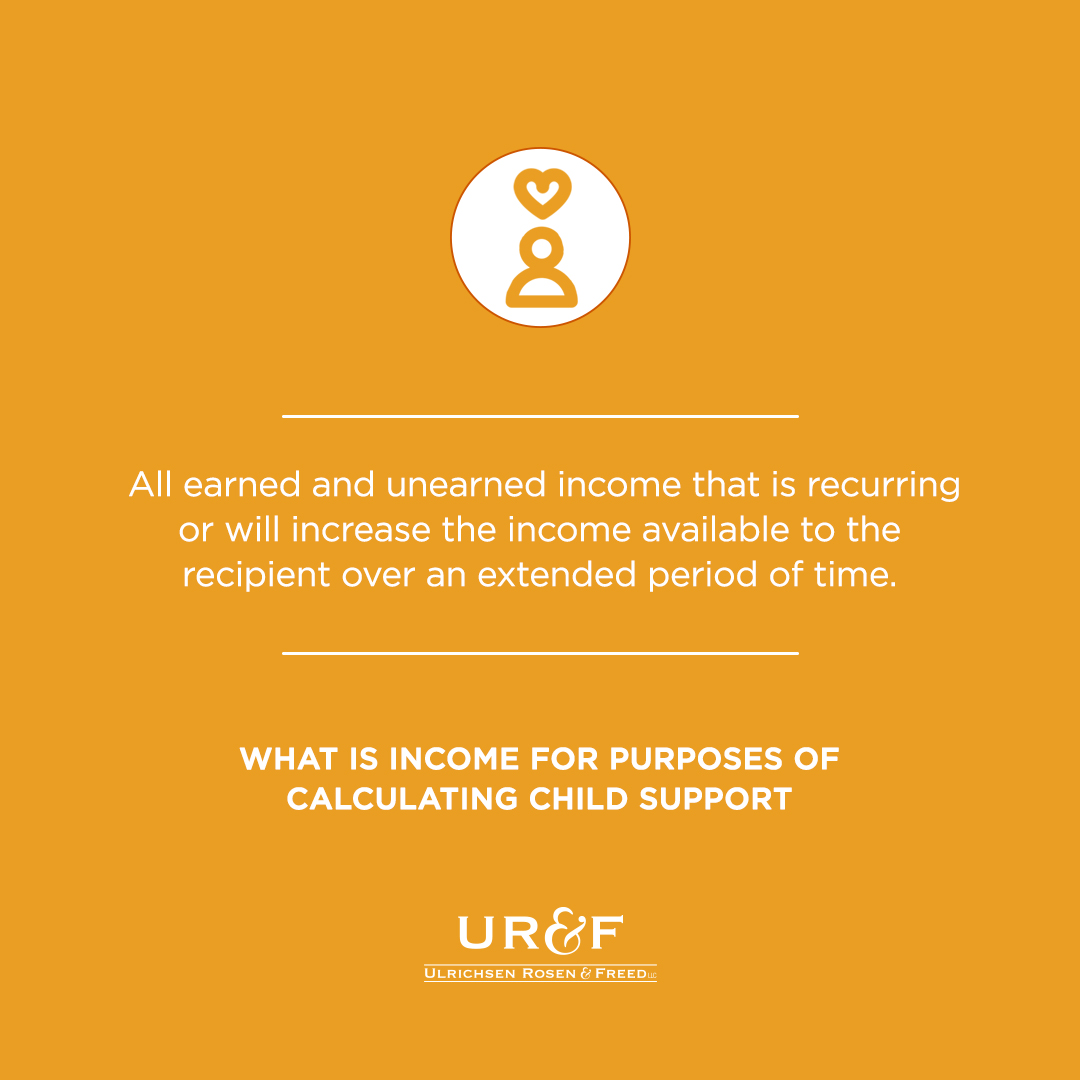What Is Income For Purposes of Calculating Child Support?
The New Jersey Child Support Guidelines define income as “all earned and unearned income that is recurring or will increase the income available to the recipient over an extended period of time.” As this is rather generic definition, Appendix IX-B of the New Jersey Court Rules give specific examples of what constitutes gross income for purposes of calculating child support and include the following:
- Compensation for services, including wages, fees, tips, and commissions;
- The operation of a business minus ordinary and necessary operating expenses;
- Gains derived from dealings in property;
- Interest and dividends;
- Rents;
- Bonuses and royalties;
- Alimony and separate maintenance payments received from the current or past relationships; Annuities or an interest in a trust;
- Life insurance and endowment contracts;
- Distributions from government and private retirement plans including Social Security, Veteran’s Administration, Railroad Retirement Board, deferred compensation, Keoughs and IRA’s;
- Personal injury awards or other civil lawsuits;
- Interest in a decedent’s estate or a trust;
- Disability grants or payments (including Social Security disability);
- Profit sharing plans;
- Worker’s compensation;
- Unemployment compensation benefits;
- Overtime, part-time and severance pay;
- Net gambling winnings;
- The sale of investments (net capital gain) or earnings from investments;
- Income tax credits or rebates (excluding the federal and state Earned Income Credit
- and the New Jersey homestead rebate);
- Unreported cash payments (if identifiable);
- The value of in-kind benefits; and
- Imputed income.
After the court has identified the sources of gross income from the above categories, due to the fact that child support is based on the parties’ combined net incomes, various deductions need to be applied to the Child Support Guideline Worksheet. These deductions include federal and state taxes, mandatory retirement contributions, union dues, alimony and child support awards for other dependent children. After the net income is calculated, there are additional deductions potentially applied to the child support calculation regarding overnight parenting time, health care costs and recurring expenses of the children that should be added into the analysis.
If you have questions regarding the calculation of income for purposes of child support, the attorneys at Ulrichsen Rosen & Freed LLC can assist you. Our attorneys recognize that every child support case is unique and have significant experience advising clients how to best navigate issues surrounding such applications. Our firm is focused exclusively on the practice of family law and serves clients throughout New Jersey including clients residing in Mercer County, Somerset County, Hunterdon County, Burlington County and Middlesex County.


